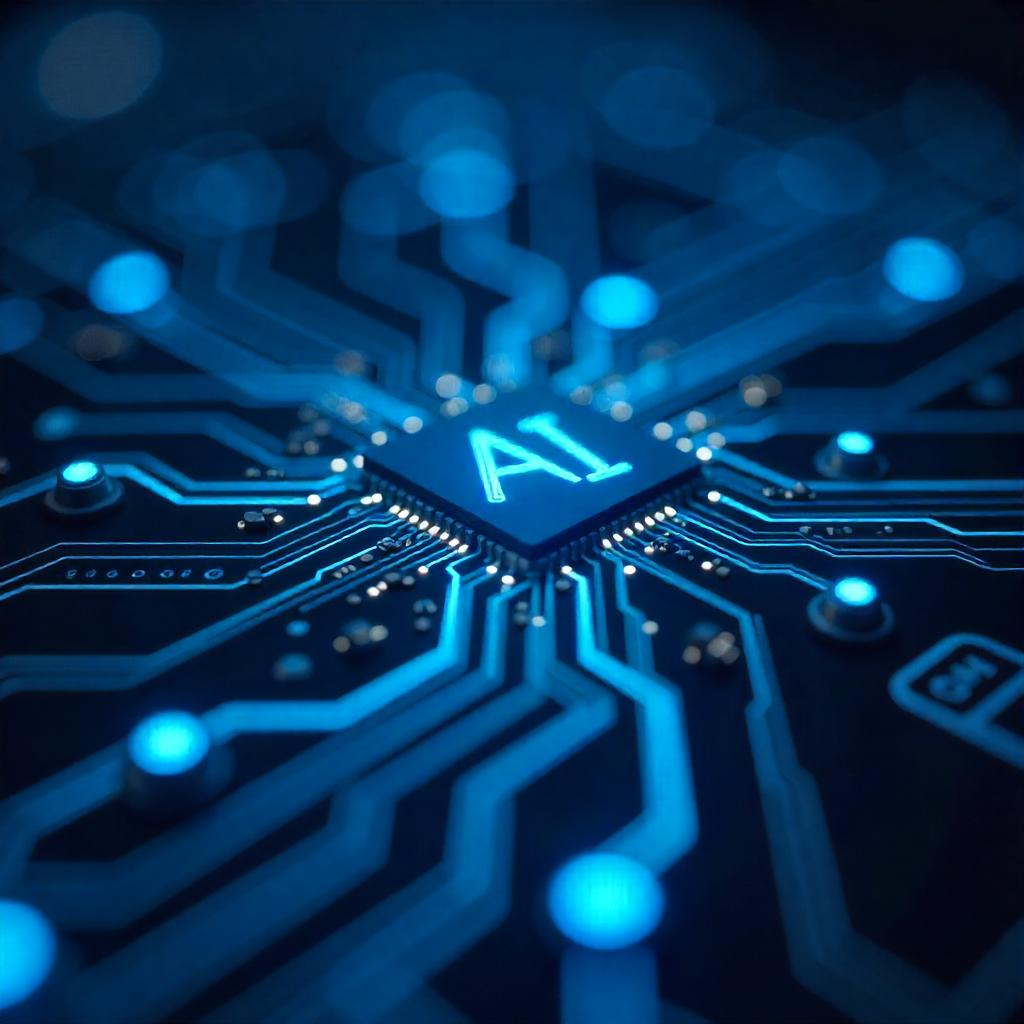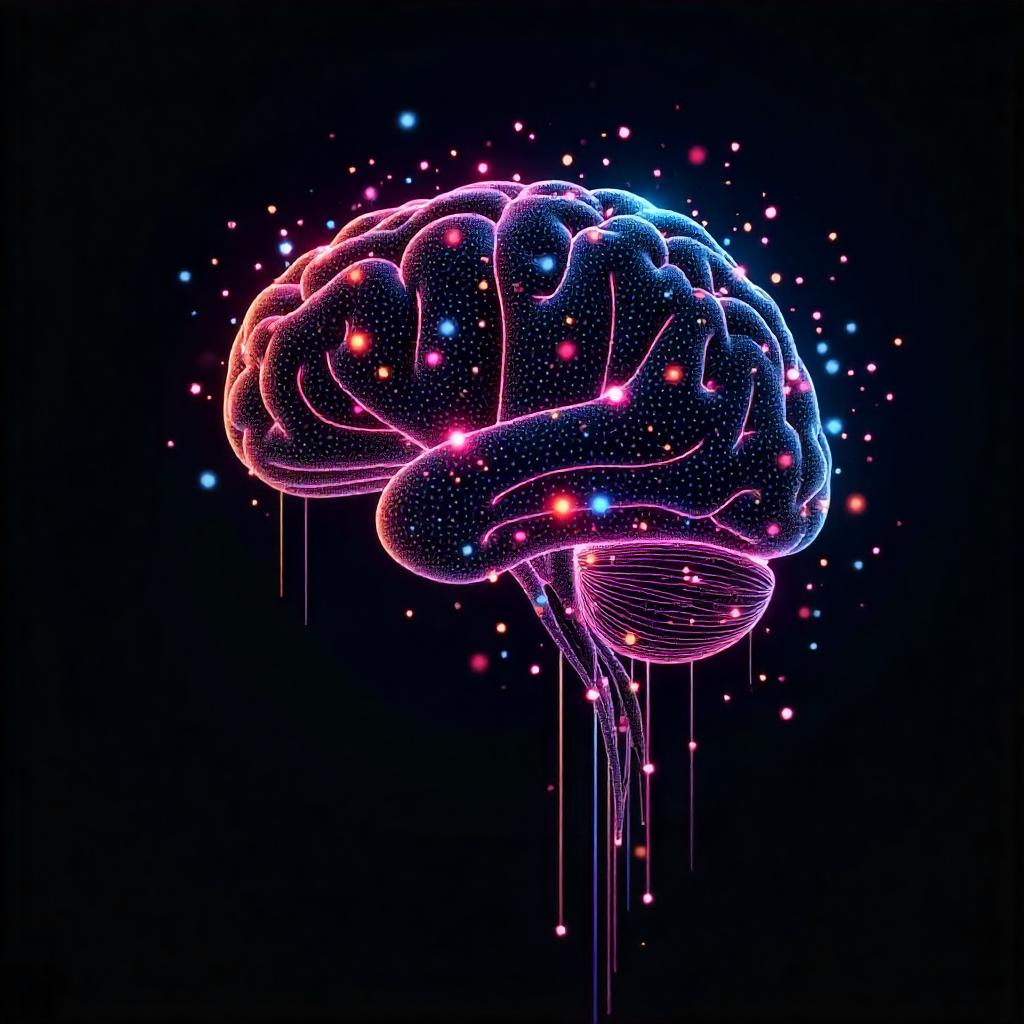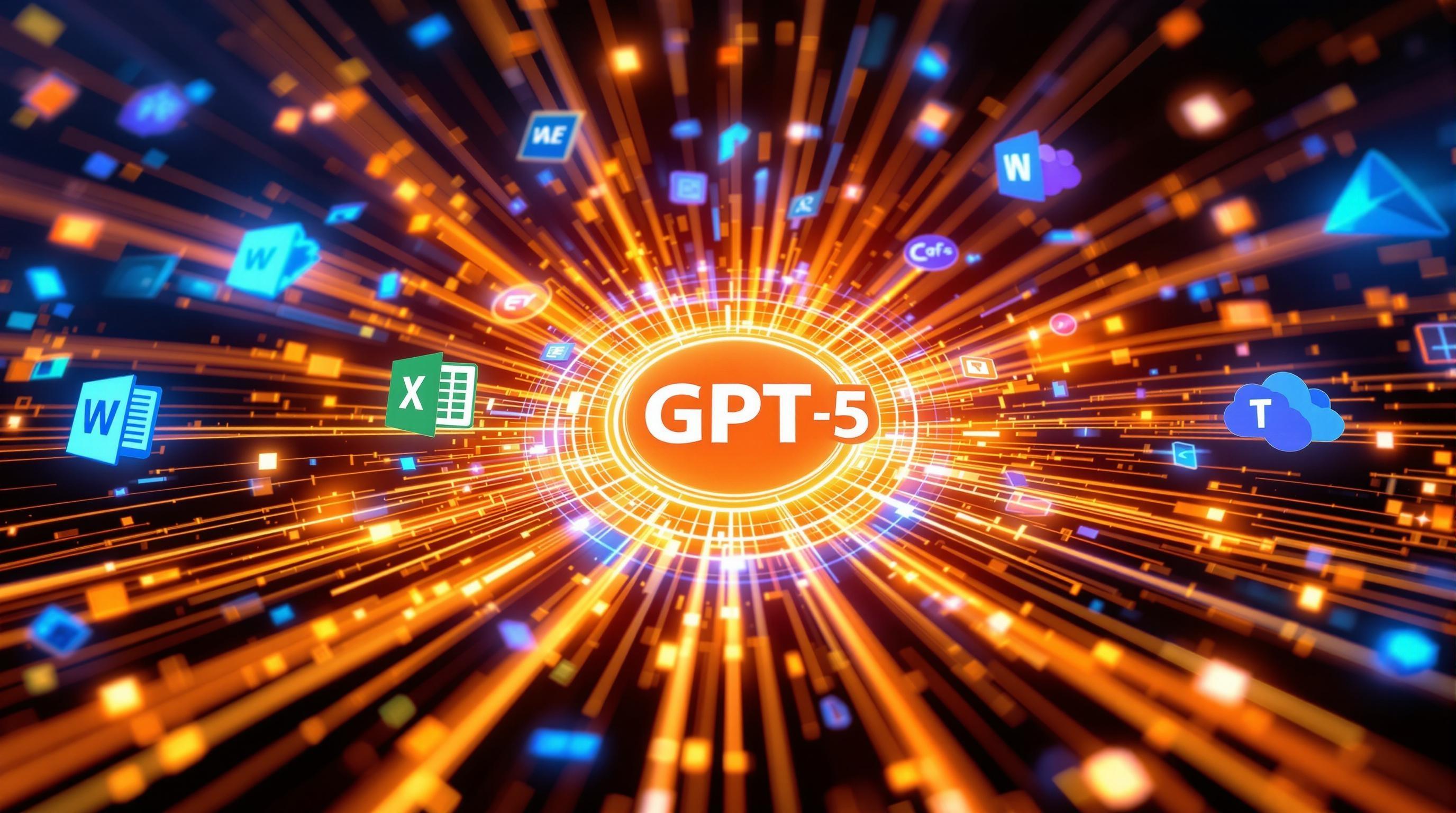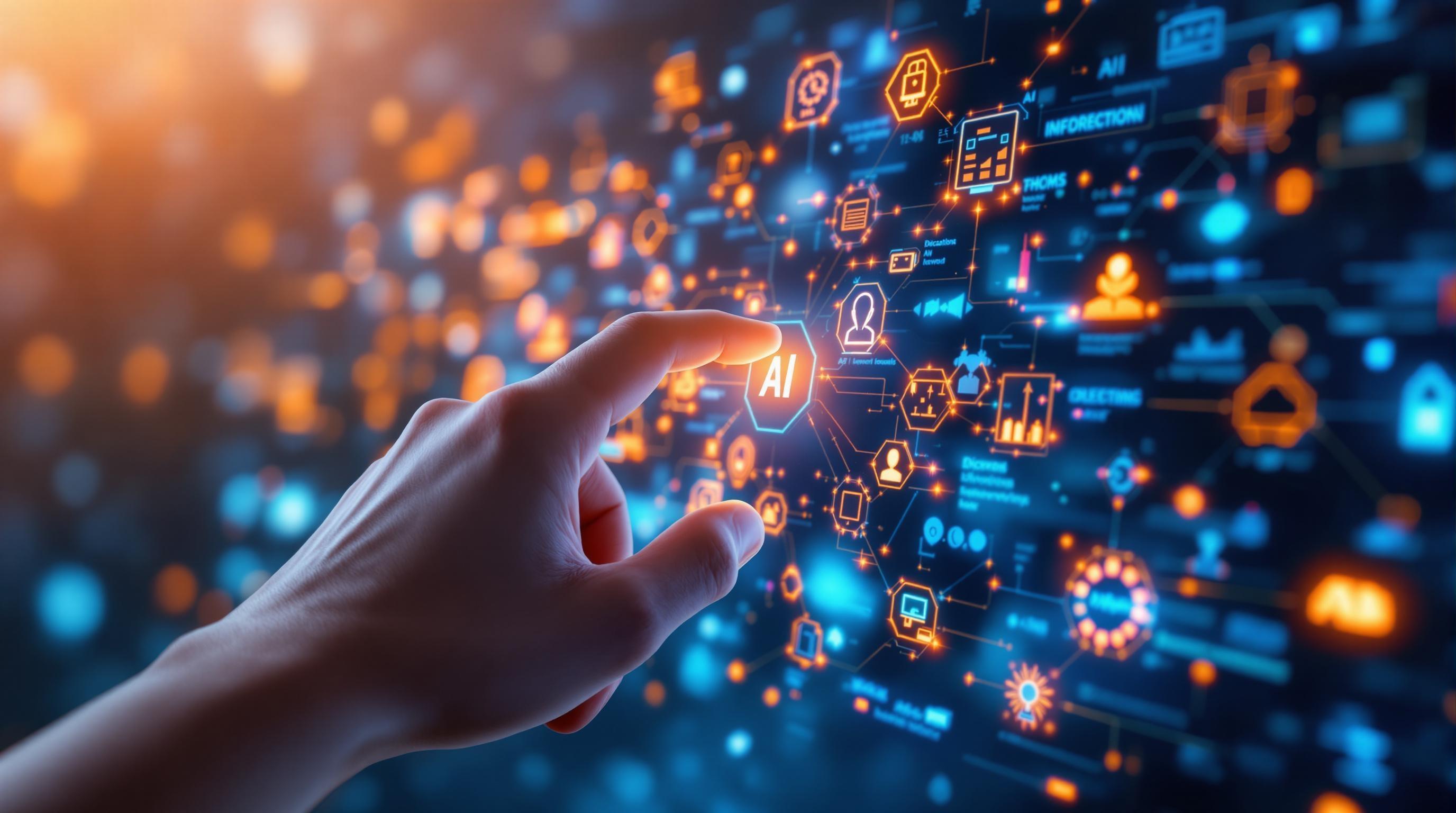What is Artificial Intelligence? A Simple Definition
At its core, Artificial Intelligence (AI) involves creating computer systems that can perform tasks typically requiring
human intelligence. It's about equipping machines with the ability to perceive, plan, learn, and solve problems, effectively mimicking human cognitive functions. In essence, Artificial Intelligence enables computers to 'think' and act intelligently. For example, an AI system can rapidly sort urgent emails from less critical ones, saving a human considerable time and effort.

A Brief History of AI: From Turing to Transformers
The evolution of AI, from its theoretical inception to its current pervasive influence, is a compelling narrative. The journey began in 1950 with Alan Turing's seminal question: “Can machines think?” This inquiry spurred the development of the Turing Test, a benchmark designed to evaluate a machine's capacity to exhibit intelligent behavior indistinguishable from that of a human. The official birth of the field is often attributed to the 1956 Dartmouth Workshop, where John McCarthy formally coined the term "Artificial Intelligence."
However, initial enthusiasm waned, leading to periods of reduced funding and interest known as "AI Winters." From the 1970s through the 1990s, AI research suffered setbacks as progress failed to meet early expectations. Limited computing power and insufficient data hindered the capabilities of AI systems.
The 2000s witnessed a resurgence, largely propelled by the rise of Machine Learning. Advances in processing speed and the availability of vast datasets enabled algorithms to learn and improve at an accelerated pace. This resurgence led to breakthroughs in areas such as image recognition and natural language processing.
The 2010s and beyond have been defined by the explosion of Deep Learning and the advent of Transformer models. These advancements have driven significant progress in speech recognition, computer vision, and natural language understanding, powering sophisticated AI systems like ChatGPT. In short, the history of AI is characterized by cyclical patterns, oscillating between periods of initial promise, stagnation, and renewed breakthroughs fueled by technological innovation.
Symbolic vs. Statistical AI: Understanding the Two Main Approaches
Within the broad spectrum of AI, two primary approaches stand out: Symbolic AI and Statistical AI. Symbolic AI, also known as rule-based AI, depends on experts to define explicit rules and logic that guide the system's actions. Consider a chess engine programmed with 'if-then' rules, determining the best move for every scenario. The advantage here is transparent AI decision-making, where the rationale behind each choice is clear. However, this approach can be inflexible; new scenarios require manual addition of new rules.
In contrast, Statistical AI, often synonymous with Machine Learning, learns patterns from data. Instead of hard-coding rules, the system analyzes data to identify relationships and make predictions. For instance, an algorithm can be trained to distinguish between cats and dogs using a massive collection of images. While more adaptable and capable of handling complex data, the decisions made by Statistical AI are frequently considered 'Black box AI,' which makes it harder to understand the reasoning behind a specific decision and potentially more susceptible to errors.

AI in Everyday Life: Voice Assistants, Spam Filters, and Personalized Recommendations
AI isn't just a futuristic concept; it's an integral part of our daily lives. Take AI voice assistants such as Siri, Alexa, and Google Assistant. These systems utilize speech-to-text, natural language understanding, and text-to-speech technologies to respond to voice commands, set alarms, play music, and provide information.
Another common application is AI spam detection in email. Machine learning models analyze incoming emails and assign a 'spam score' based on factors like sender reputation, email content, and keyword usage. Emails exceeding a certain score are automatically filtered into the spam folder.
AI recommendation system also significantly shape our online experiences. Platforms like Netflix and Amazon employ collaborative and content-based filtering techniques to offer personalized recommendations for movies, products, and more. These systems analyze user behavior and preferences to suggest items of potential interest.
Key Takeaways: AI is Everywhere
In conclusion, AI is a transformative technology capable of performing tasks that once required human intelligence. From its theoretical origins to its current presence in countless applications, AI has fundamentally reshaped our interactions with technology and the world. Symbolic AI, which relies on explicit rules, contrasts sharply with statistical AI, which learns from vast datasets. Together, they power the Understanding AI that drives everyday applications like voice assistants, spam filters, and recommendation engines that shape our digital lives. The continued evolution of AI promises to further expand the boundaries of what machines can accomplish.

What's Next in AI: Large Language Models and Beyond
This has been a fundamental overview of AI. To explore this topic more deeply, our next article delves into the exciting world of 'Large Language Model.' We'll discuss the intricacies of Transformer models and their remarkable abilities. Subscribe to our newsletter to stay updated on the latest trends and insights in AI. Join us as we continue to explore the ever-evolving future of AI.
Keywords: Artificial Intelligence, AI, Machine Learning, Deep Learning, Symbolic AI, Statistical AI, Turing Test, AI history, AI examples, Voice Assistants, Spam Filters, Recommendation Engines, Natural Language Processing, AI applications, What is Artificial Intelligence?
Hashtags: #AI #ArtificialIntelligence #MachineLearning #DeepLearning #AIEvergreen
For more AI insights and tool reviews, visit our website https://best-ai-tools.org, and follow us on our social media channels!
Website: https://best-ai-tools.org
X (Twitter): https://x.com/bitautor36935
Instagram: https://www.instagram.com/bestaitoolsorg
Telegram: https://t.me/BestAIToolsCommunity
Medium: https://medium.com/@bitautor.de
Spotify: https://creators.spotify.com/pod/profile/bestaitools
Facebook: https://www.facebook.com/profile.php?id=61577063078524
YouTube: https://www.youtube.com/@BitAutor



